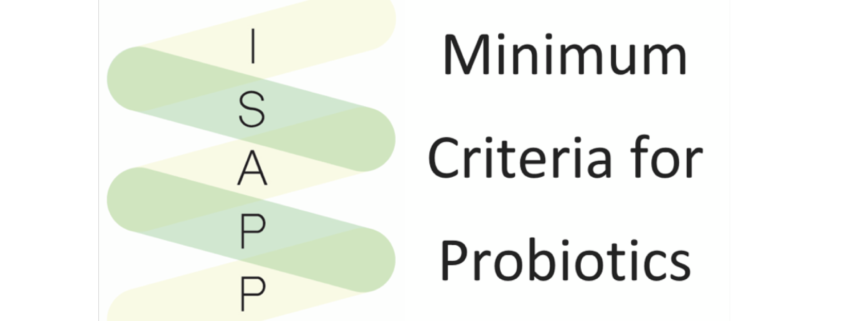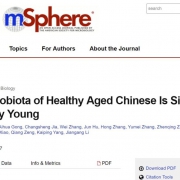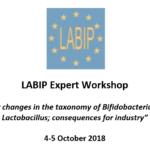Minimum criteria for probiotics: ISAPP perspectives
By Mary Ellen Sanders PhD, Executive Science Officer, ISAPP
During its 2018 annual meeting (June 5-7), ISAPP convened a group of 30 participants from 13 countries to address issues associated with global harmonization of regulations for probiotics and prebiotics. This topic was of interest due to the broad international presence at this meeting, ISAPP’s first in Asia. The goal of this group was to provide regulators guidance derived from this assemblage of experts regarding the minimum criteria a probiotic food or supplement should meet. Drs. Seppo Salminen, Yuan-Kun Lee, and Gabriel Vinderola, who chaired this group, recently completed a summary titled “ISAPP position statement on minimum criteria for harmonizing global regulatory approaches for probiotics in foods and supplements”.
In December of 2017 the International Probiotic Association (IPA) presented a proposal to Codex Alimentarius – a recognized body that develops global standards and guidelines related to foods – regarding establishment of guidelines for probiotic foods. Codex Alimentarius accepted this proposal and requested that Argentina prepare draft guidelines to be considered in the 2018 session of the Codex Alimentarius Committee on Nutrition and Foods for Special Dietary Use. ISAPP representatives and group coordinators (Sanders, Salminen and Vinderola) took part along with IPA in a scientific meeting in Argentina to present the ISAPP views to local authorities and experts. IPA hopes that these efforts will lead to harmonized regulations since “this lack of harmonization in industry practice and legislation remains and often leads to serious issues and concerns for the probiotics industry, regulators, and even consumers in regard of quality, safety and labelling.” (Page1 of the proposal)
As the efforts of harmonization of regulations for probiotic foods through Codex progresses, ISAPP offers – through this summary document – its perspectives on minimum criteria for probiotics. The ISAPP group’s conclusions echo the principles outlined in the IPA proposal. Our hope is that this ISAPP document will provide useful perspective to local regulators. As of this writing, Prof. Salminen has delivered this document to the Codex representative at the Finnish Ministry of Agriculture and Food. We hope that further dissemination of the perspectives in this document will contribute to a science-based approach to global harmonization of regulations for probiotics.
See the document for the list of minimum criteria.















